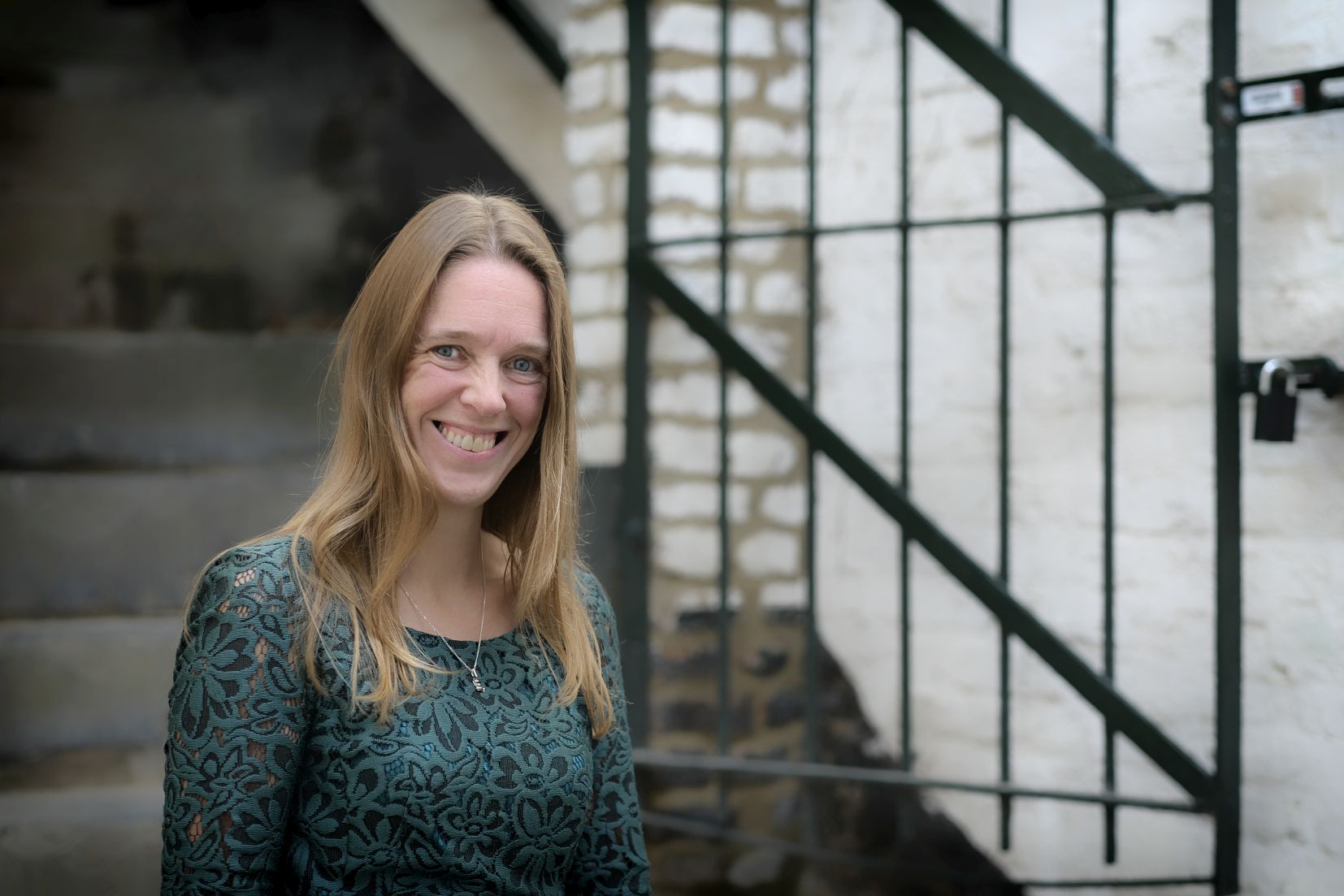Research shows: Learning delays due to school closures are mounting
Primary school students are, on average, 15 weeks behind. Especially in arithmetic and spelling. "The problem is getting bigger instead of smaller." - Carla Haelermans, Professor of Education Economics
The last school closure due to corona was almost a year ago, but primary school students are falling further and further behind says Carla Haelermans in an interview with the Dutch newspaper outlet NRC. This is according to new analyses from the Netherlands Cohort Study on Education (NCO) published last Thursday afternoon. The NCO compares the performance of primary school students (based on school subjects like reading comprehension, arithmetic, and spelling) every six months. For this fifth study, test results from 2,400 primary schools, over a third of the total, were compared with previous results.
Not catching up
At NCO's last reading in May this year, the average learning delay was still 10 to 12 weeks, now it is 15 weeks in a school year. In reading comprehension, the damage has been made up, but in arithmetic and spelling, the delays are increasing.
Generational advantages don't count anymore
The biggest delay in learning is seen among the current pupils who are in their final year of primary school. Furthermore, differences between pupils by educational level of parents have generally narrowed which is rather unusual. NCO concludes that students with highly educated parents are experiencing the largest delay in learning, whereas in previous fact sheets it was among pupils with lower-educated parents.
You can find NCO's factsheets (in Dutch) here.

Carla Haelermans is a Professor of Education Economics at SBE, Chair of Human Capital, Educational Technology and Inequality, and also part of Research Centre for Education and the Labour Market (ROA).
Click here for Carla's full profile.
Also read
-
Billions of dollars in foreign aid could be spent more effectively if international poverty statistics weren’t so inaccurate. Says Dr Michail Moatsos, Assistant Professor at Maastricht University School of Business and Economics.
-
DATASET researchers from Maastricht University (BISCI) and Fontys applied the Digital Readiness Scan developed by Logistiek Digitaal to several regional logistics service providers, scientifically validated the underlying methodology, and analyzed the strengths and weaknesses of this tool.
-
Anecdotal evidence imply that what ones sees in a sausage factory cannot be unseen, and such an experience somehow takes away something from the joy that stems out of the carefree consumption of such delicacies. In this blog entry about the international poverty line’s maladies, I don’t want to ask...


